The belief that everyone’s story is valuable is a mindset of paramount importance at Malvern. It is instilled in our school community along with the ideas of brotherhood, unity, and love.
But how often do we make an effort to learn more about our classmates, or take a serious interest in their lives?
It is imperative that we truly know our fellow brothers and offer them the help they may need. In order for the close-knit community we pride ourselves on to continue to endure, we must gain a better understanding of our peers.
In order to spark some initiative, we have dedicated this issue to strengthening the brotherhood. You will find nearly thirty profiles, each about a Malvern student, and have the opportunity to hear interesting stories you may not have normally ever had the chance to hear.
We are doing this in the hope that this type of engagement will breed curiosity and a desire to get to know those around you better. You will learn things about those around you that can add to your understanding of those individuals and better connect you with them.
[perfectpullquote align=”right” cite=”” link=”” color=”” class=”” size=””]
We don’t need a tragedy to force us to get to know each other better, to take care of each other more, or to be more responsible for the decisions we make.
[/perfectpullquote]
While it is awesome to see the interesting and fun side of our classmates, we are also obligated to help our brothers when we notice they are acting differently – something we can only assess once we show interest in and learn about them.
Over spring break, reports about the deaths of multiple area high school students by suicide spread both via traditional media outlets and across social media. Many of their peers had no idea that these students were dealing with depression, bullying, or other serious issues prior to their deaths.
Studies on suicide by the Centers for Disease Control and Prevention reveal that at least 90% of people who kill themselves have a diagnosable and treatable psychiatric illness. Suicide is the third leading cause of death among those aged 15-24. 17% of high school students in the United States have seriously considered suicide.
17% of high school students have seriously considered suicide. By the numbers, at Malvern that represents nearly 110 brothers. Now think of how many more brothers are dealing with problems like depression, addiction, or bullying.
How many of our brothers do we know well enough to lend an ear to listen, or a hand to help?
In the middle of this epidemic, a television series by the name of “13 Reasons Why” has become very popular. The show is about a young girl who leaves cassette tapes for 13 individuals with whom she had had negative interactions before her death by suicide.
According to the Washington Post, the show’s goal is to offer a well-intentioned message of “being kinder to others and asking for help when you need it.” Unfortunately the series focuses more on sensationalizing the young girl’s death, and presents it as a way to force the thirteen tape recipients into being better people.
We don’t need a tragedy to force us to get to know each other better, to take care of each other more, or to be more responsible for the decisions we make.
Sometimes life throws obstacles at us that we are incapable of handling alone. We have to be willing to ask for help. By the same token, we have to be willing to give that help when called upon. Or even when the individual needs help remains silent.
Teenagers can be afraid to approach adults with their struggles, and even stray away from confiding in their parents. We should always be willing to put in the effort to ensure the safety of our brothers.
This starts with a knowledge of the people around us and a genuine interest in their lives.
It may not be “cool” to intervene and get someone the help they need. You may even lose the person’s friendship for a time, but by stepping in you can ensure that friend doesn’t get hurt, or lose their life. Sometimes we cannot offer all the help we need and we must get an adult involved. Again, any grief we receive for doing so pales in comparison to any alternative that involves more serious consequences.
Depression, mental illness, and addiction are beatable opponents. The first step is an open hand rather than a clenched fist, a smile rather than a dismissive, judgemental glance, or an engaging question rather than an internal predetermination.
If we grow closer as a community, and grow in understanding of our peers, we will have all the tools to beat these challenges and become fully immersed in what the brotherhood was meant to be – a band of brothers that stick together and help each other.


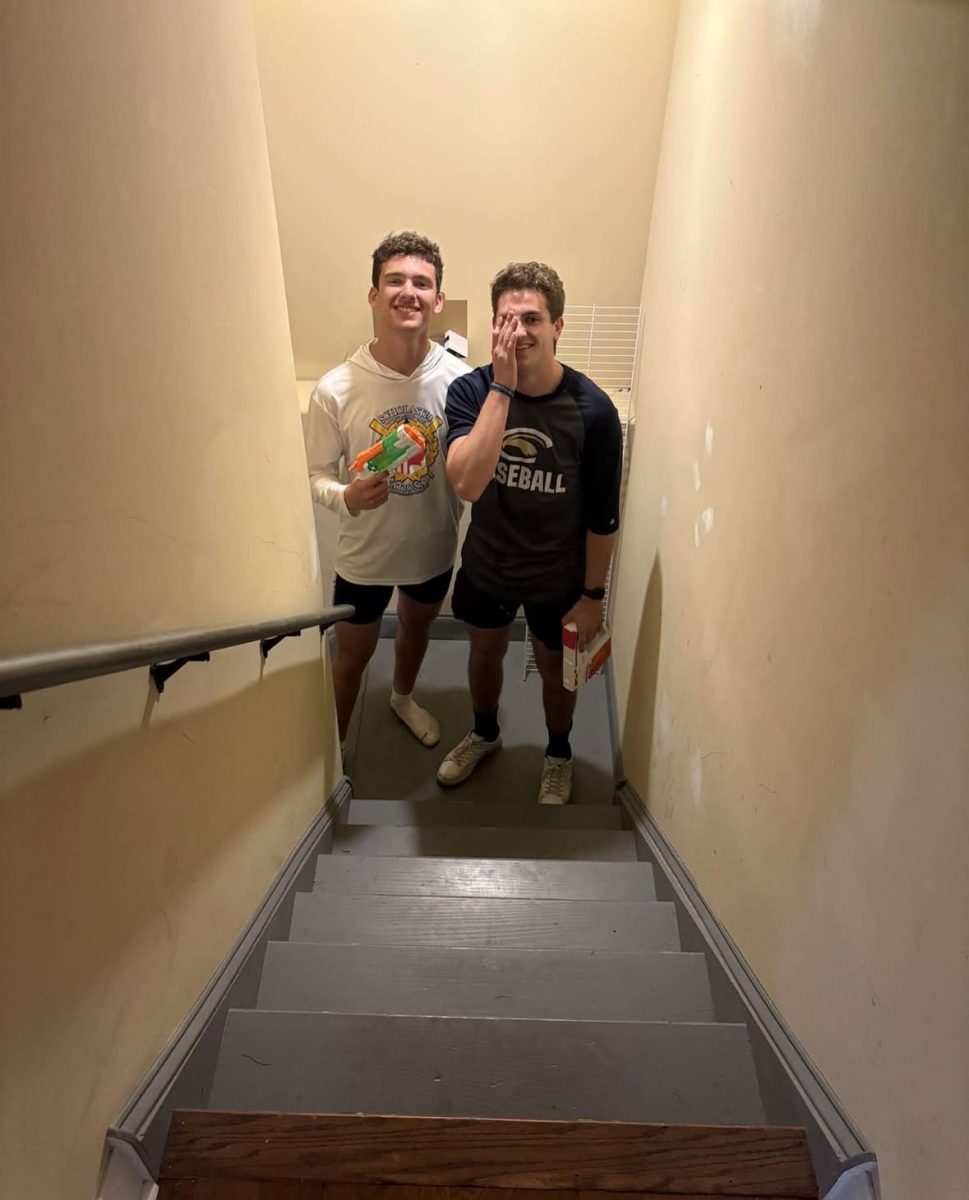
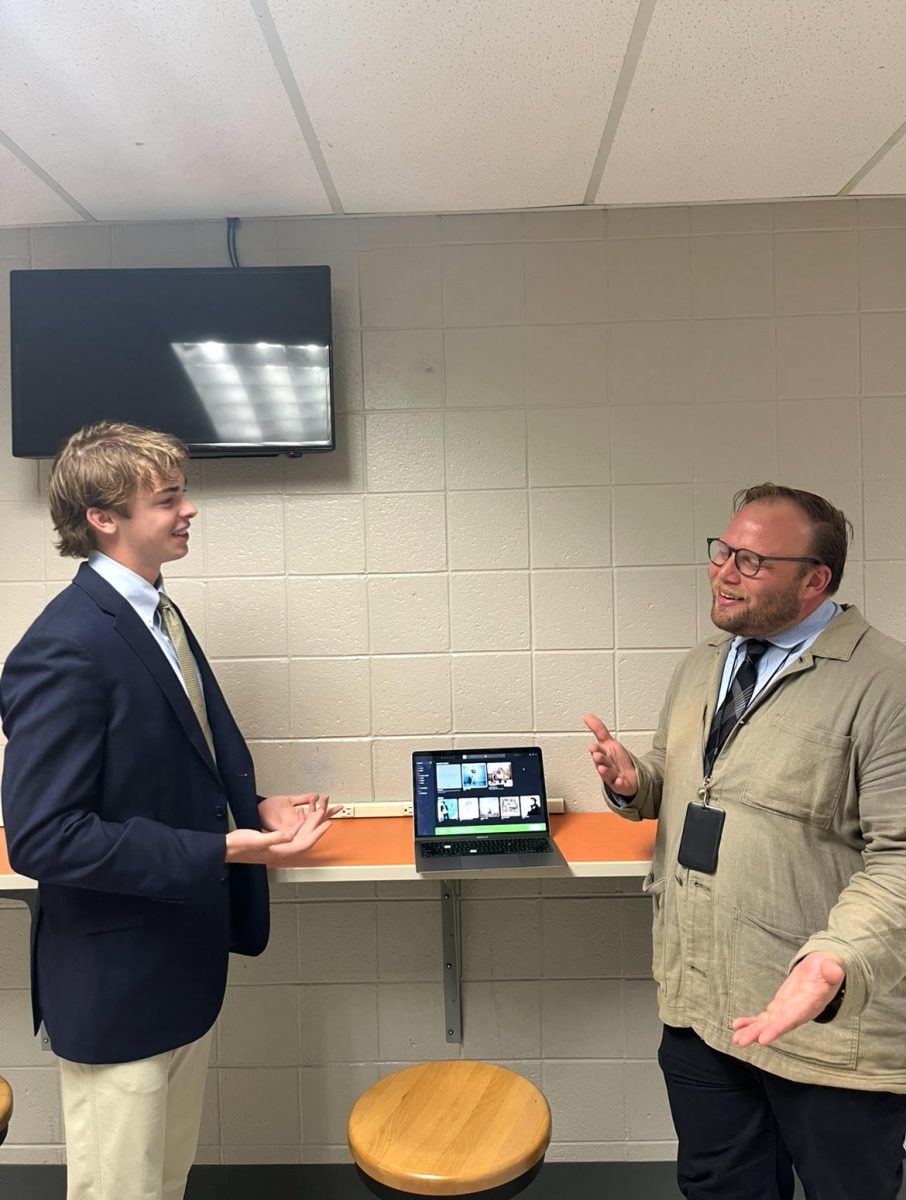


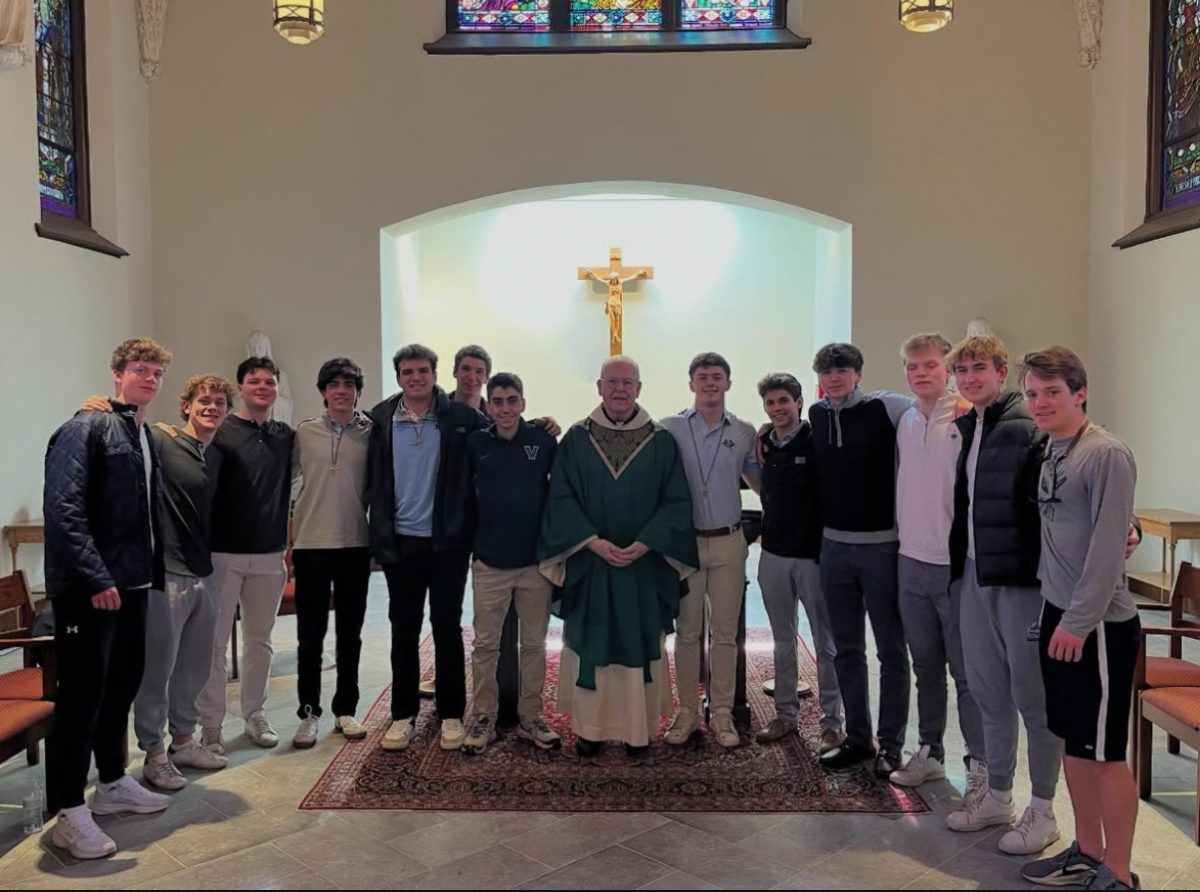
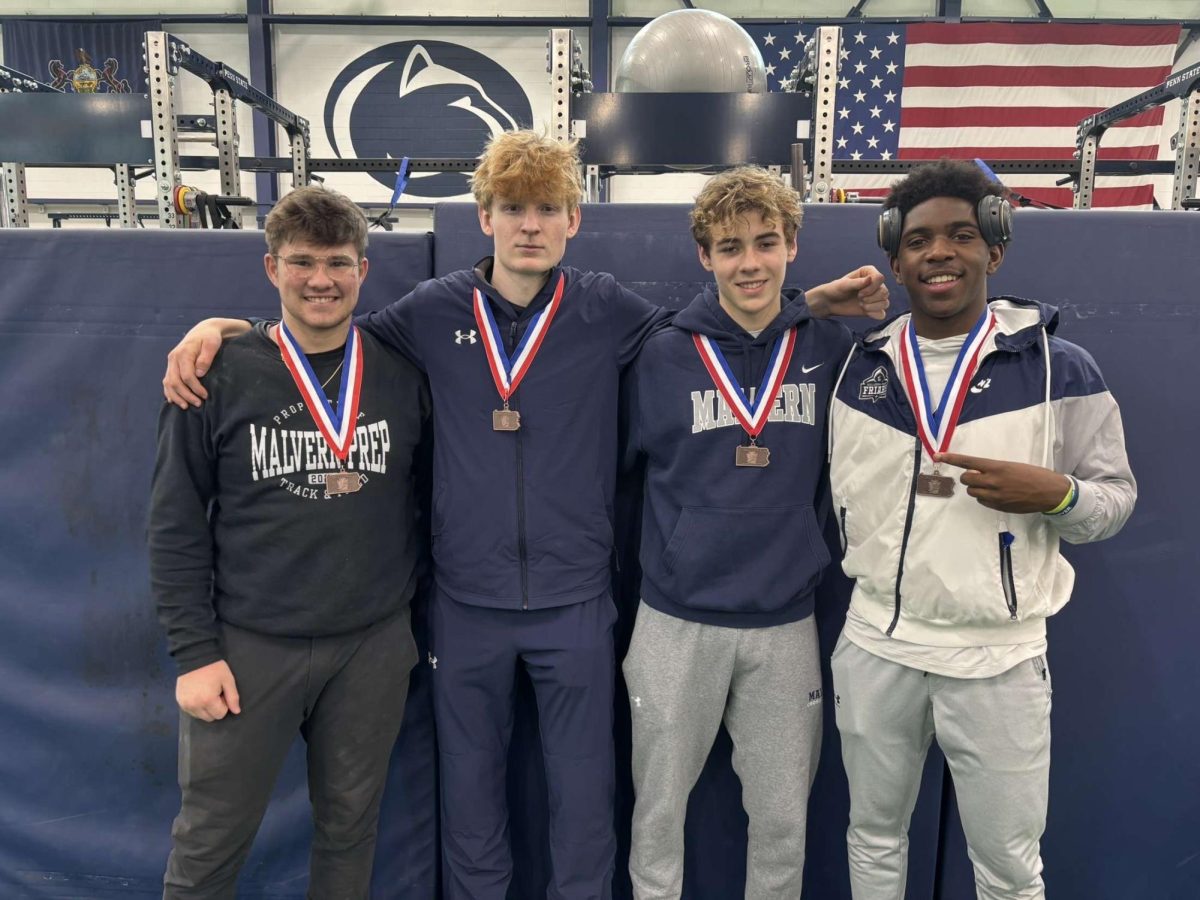
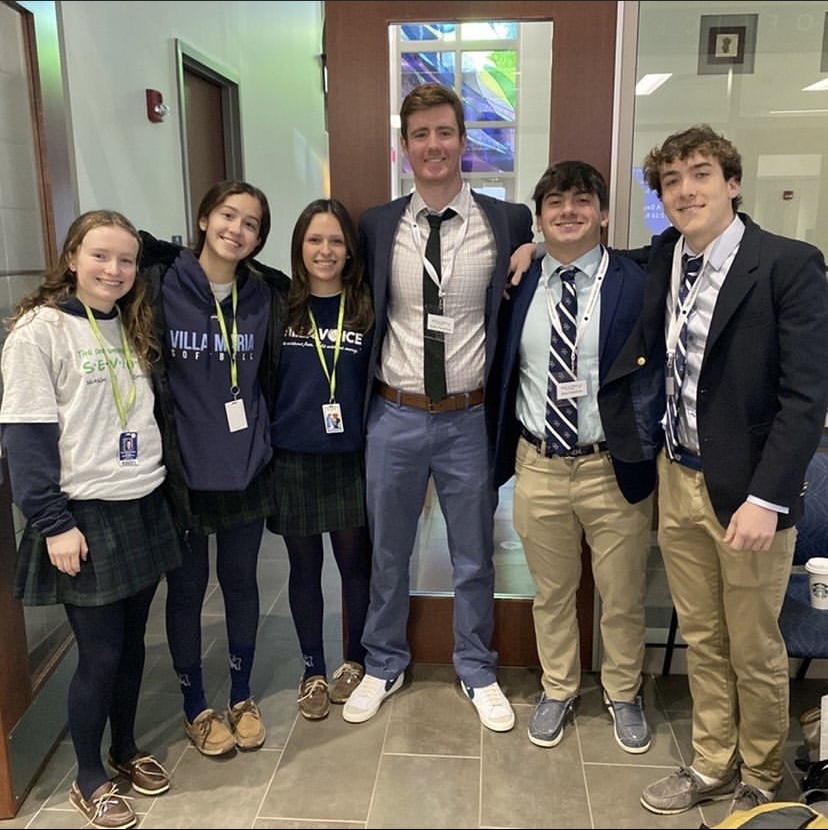


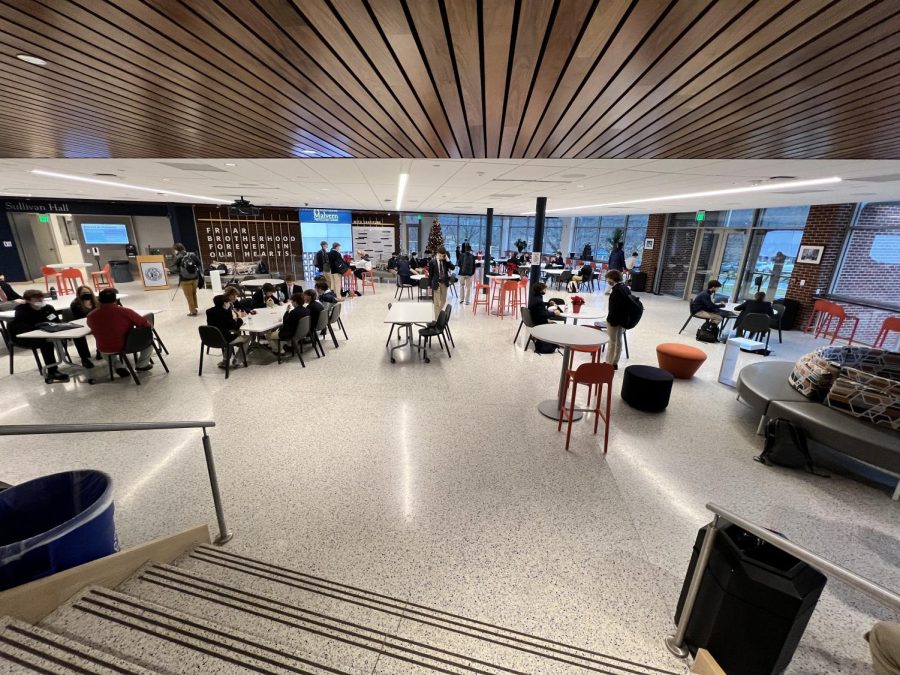
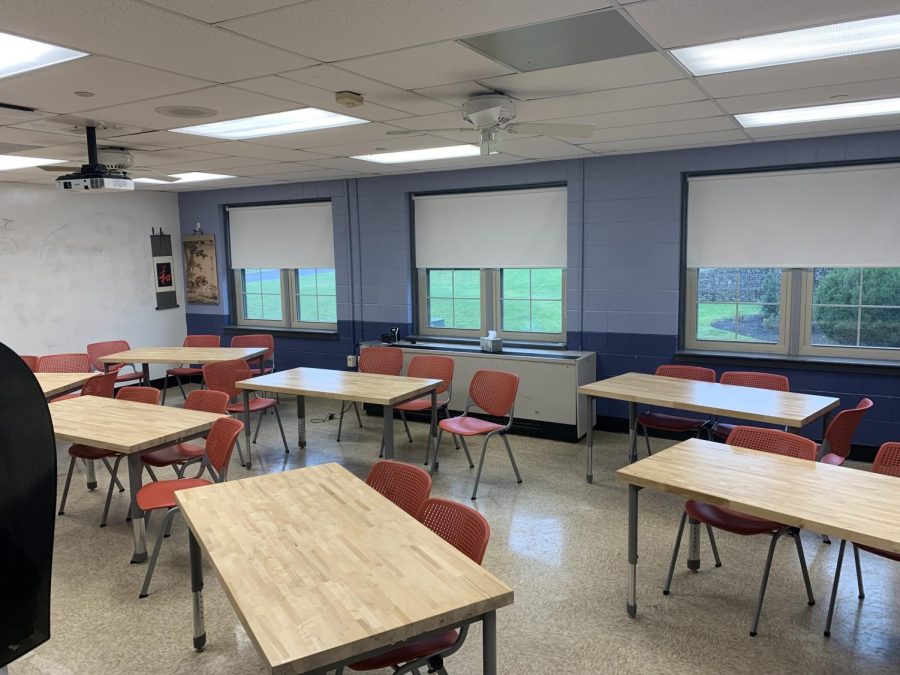
Scott bennett • Apr 28, 2017 at 6:58 am
Bravo. Simply bravo!